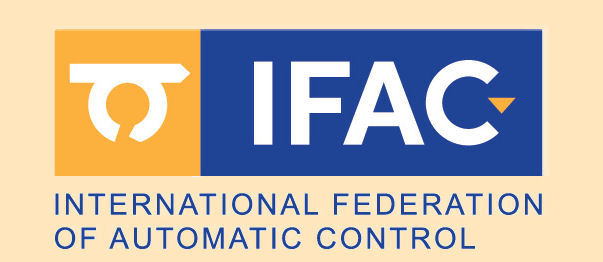| Paper FrBT1.3
He, Yan-Lin (Beijing University of Chemical Technology), Wang, Pengfei (Beijing University of Chemical Technology), Zhang, Ming-Qing (Beijing university of chemical technology), Zhang, Yang (Beijing university of chemical technology), Xu, Yuan (Beijing university of chemical technology)
New Trends in Control Education: Adapting to Technological Advancements and Industry Needs
Scheduled for presentation during the Regular Session "New Trends in Control Education" (FrBT1), Friday, June 20, 2025,
11:50−12:00, Room F09
14th IFAC Symposium on Advances in Control Education, June 17-21, 2025, Budapest, Hungary
This information is tentative and subject to change. Compiled on June 20, 2025
|
|
| Keywords New trends in control education
Abstract
Control engineering is a cornerstone of modern technological systems, playing an essential role across industries such as manufacturing, aerospace, robotics, and energy. As technological advancements continue to accelerate, and the complexity of systems grows, the field of control engineering faces new challenges. In response, control education is undergoing a significant transformation to meet the evolving needs of both academia and industry. This paper examines the emerging trends in control education, focusing on the integration of cutting-edge technologies such as artificial intelligence (AI), machine learning (ML), and the Internet of Things (IoT). These technologies are reshaping how control systems are designed, optimized, and adapted in real-time. The paper also highlights the adoption of innovative pedagogical approaches, including active learning and problem-based learning (PBL), which encourage hands-on, student-centered learning and better prepare students for the complexities of modern control systems. Furthermore, it emphasizes the growing importance of closer collaboration between academia and industry, ensuring that educational curricula are aligned with the latest industry needs and technological trends. By incorporating these advancements, control education is bridging the gap between theoretical knowledge and practical application, equipping students with the necessary skills to tackle the challenges of tomorrow’s intelligent, automated systems.
|
|


 This site is protected by copyright and trademark laws under US and International law.
This site is protected by copyright and trademark laws under US and International law.